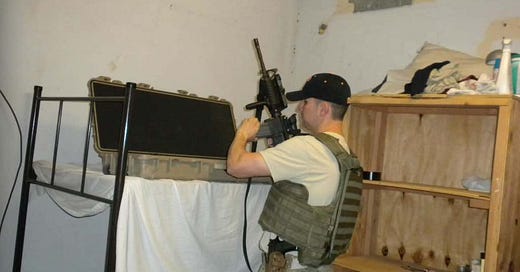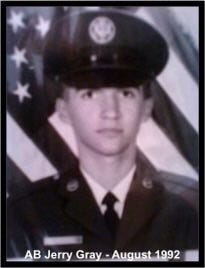Summers in the military are hectic. Across the globe, thousands of change-of-command ceremonies are endlessly rehearsed and executed. While most civilians would find those ceremonies fascinating, they are routine in the military. The outgoing commander gets a medal and makes a speech, then literally pass…
Keep reading with a 7-day free trial
Subscribe to Grumpy Combat Veteran to keep reading this post and get 7 days of free access to the full post archives.



